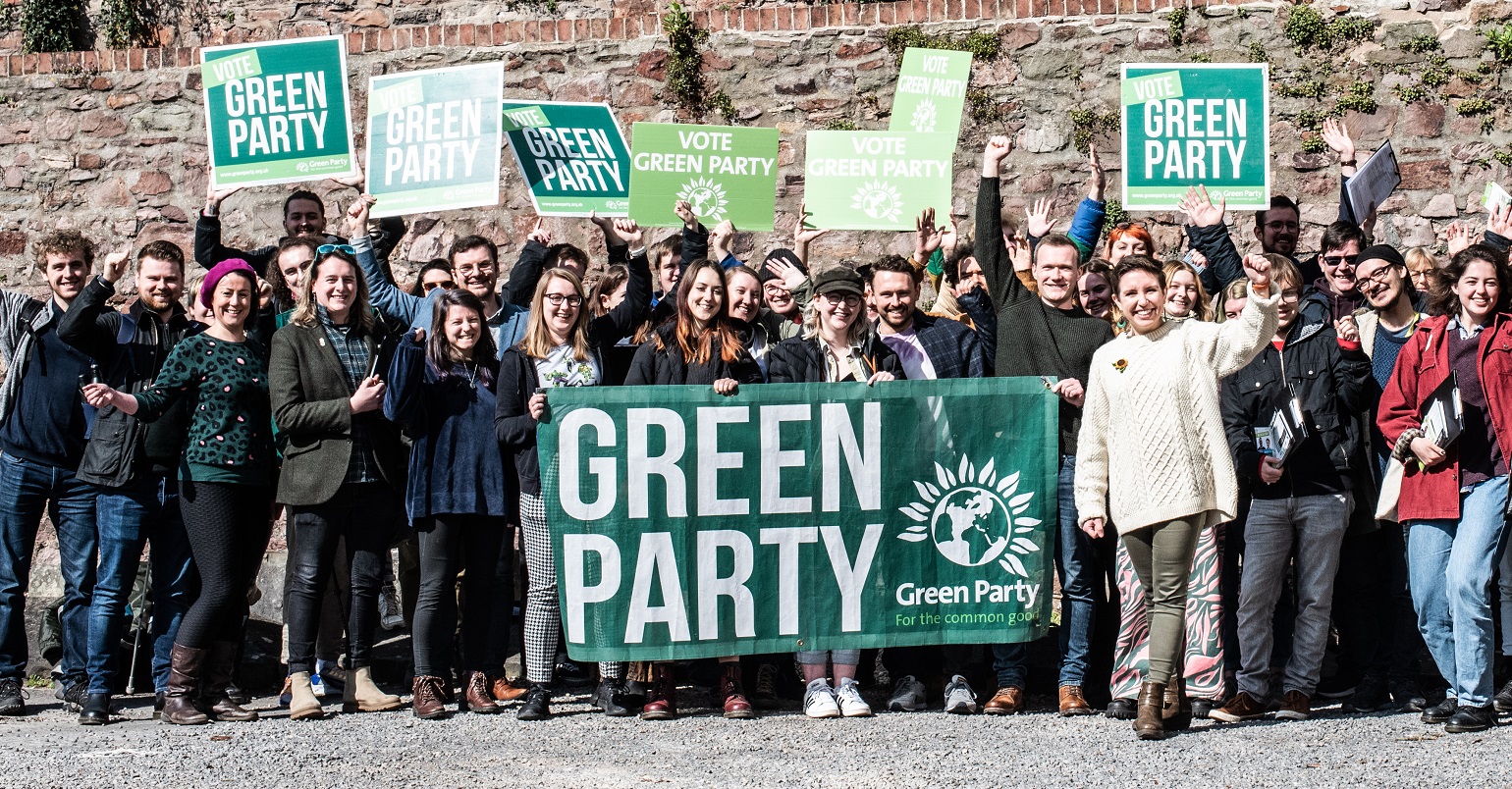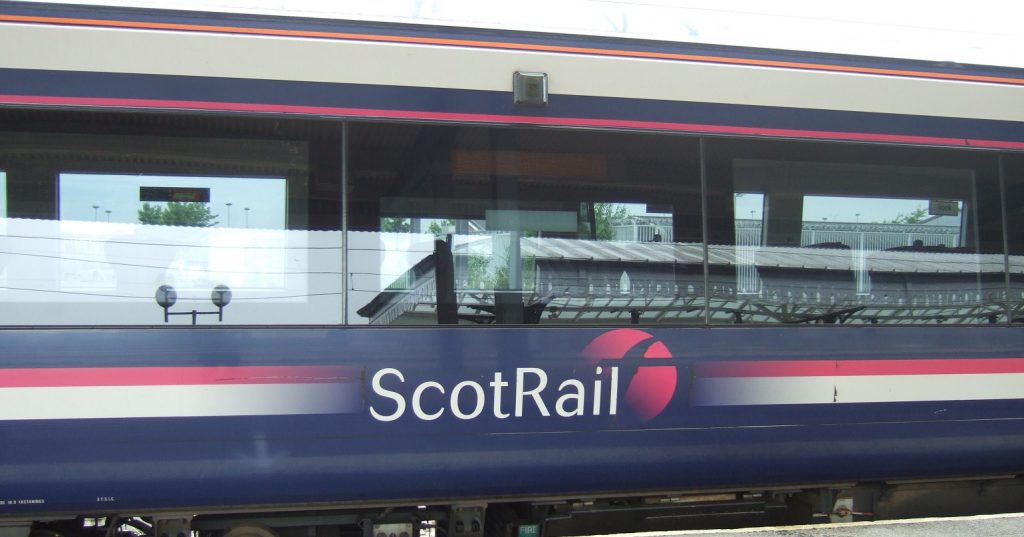How Green Councillors improved Bristol City Council’s budget

The process of setting a balanced budget is not going to be the highlight of many councillors’ municipal year, regardless of party affiliation. But when the process boils down to a Labour Mayor setting a cuts budget during a time of Tory austerity, it becomes a frustrating process indeed for an opposition councillor.
For over a decade now, the Tory government has imposed deep austerity on councils up and down the country. Due to inflation, effects of Brexit, and spiralling energy bills we now find ourselves in both a cost-of-living crisis and an energy crisis. After years of ‘back room’ cuts, there is no room left for councils to make ‘harmless’ savings (if there ever was) and essential services like children’s care are now in jeopardy as council departments are pitted against one another, and a number of authorities face bankruptcy. While Bristol’s final budget was not as bad in terms of cuts as we had originally expected, it was still an austerity budget.
Early in the process I sat on a scrutiny commission which looked at the impact of the budget on libraries, for example. The debate was dominated by Labour’s proposals to sell off Bristol’s Central Library to save costs. The issue became a sticking point in a local byelection, which the Mayor then attempted to swing by announcing a U-turn and ‘saving’ the library – saving, that is, from his own administration’s plans. The Labour Mayor went on to celebrate the libraries and children’s centres that had been ‘protected’ in the final budget, which although welcome, says more about the bleakness of local governance under continued austerity – where budget wins are measured by what a city is able to hang on to rather than new investments.
So it was understandable that some in our Green Group did not want to engage with the budget process at all. Overall however, as the largest group on the council we felt it was worth looking at what we could achieve with the influence we have through the amendment process – the only way opposition parties can influence the budget under the Mayoral system. This process is tightly limited and restricted – we only have a couple of weeks to bring amendments, with minimal officer support – but it is still a chance to get some of our ideas and policies debated, and potentially win some minor positive changes. We eventually settled on two solid amendments, which made economic sense and would effect positive change if they passed.
Our first budget amendment was to take £4 million from a strategic pot held in reserve by the administration and allocate it to improving local parks and streets. As councillors we are always struggling to find funding for basic improvements in local neighbourhoods, provided with only a small proportion of local development contributions. This funding would make local streets safer and provide much needed upgrades to over-loaded parks and green spaces.
Our second amendment was to reallocate £800k of unspent funding to develop a plan for a Liveable Neighbourhood in South Bristol. Liveable Neighbourhoods, also known as Low Traffic Neighbourhoods (LTNs), are a vital step in making cities better for active travel as well as combatting pollution and anti-social driving in residential areas, and South Bristol has been crying out for transport changes for years and faces huge population growth in the coming years. While Greens have welcomed the development of an LTN in East Bristol, we have seen other cities, such as Oxford, implement them much faster, and cheaper, in fact at a tenth of the price! Therefore we wanted to ensure that at least a second LTN is being developed, so that momentum is maintained to make our residential areas safer and more vibrant. Both of our budget amendments passed with support from all parties.
So here was our dilemma: with our amendments passed Greens had improved the Mayor’s budget and secured funds for important city projects. However, the budget was still one containing deep cuts to Council services and Labour mismanagement. If we had had more input into the budget, would we have agreed on Labour’s £25 million loan to finish the ‘Bristol Beacon’, which saddles the Council with a debt that will take money from vital services for the next 50 years? And despite the background of austerity, Labour have for years rejected Green proposals such as a workplace parking levy, which would raise large amounts of money to invest in public transport. The budget, and the budget process itself is still seriously lacking and it is not something we wanted to vote for.
On the other hand, we knew if the Council’s budget fell there was a risk of the government stepping in and setting an even worse cuts budget. So our eventual decision as a group was to abstain, allowing the budget to pass without our votes.
In 2024, Bristol moves to a committee system and Greens will likely be in power as either the largest or partner party. Then we will have a chance to set budgets in a proper, collaborative way across parties – taking on the challenges we are set and working together to make good choices. In the meantime we will continue to challenge Tory austerity. If we want safe, healthy and thriving communities, the government must support local councils with above inflation funding increases and multi-year settlements – the death by a thousand cuts has to stop.
PS. We hope you enjoyed this article. Bright Green has got big plans for the future to publish many more articles like this. You can help make that happen. Please donate to Bright Green now donate to Bright Green now.
Image credit: Matthew Phillip Long – Creative Commons




Leave a Reply